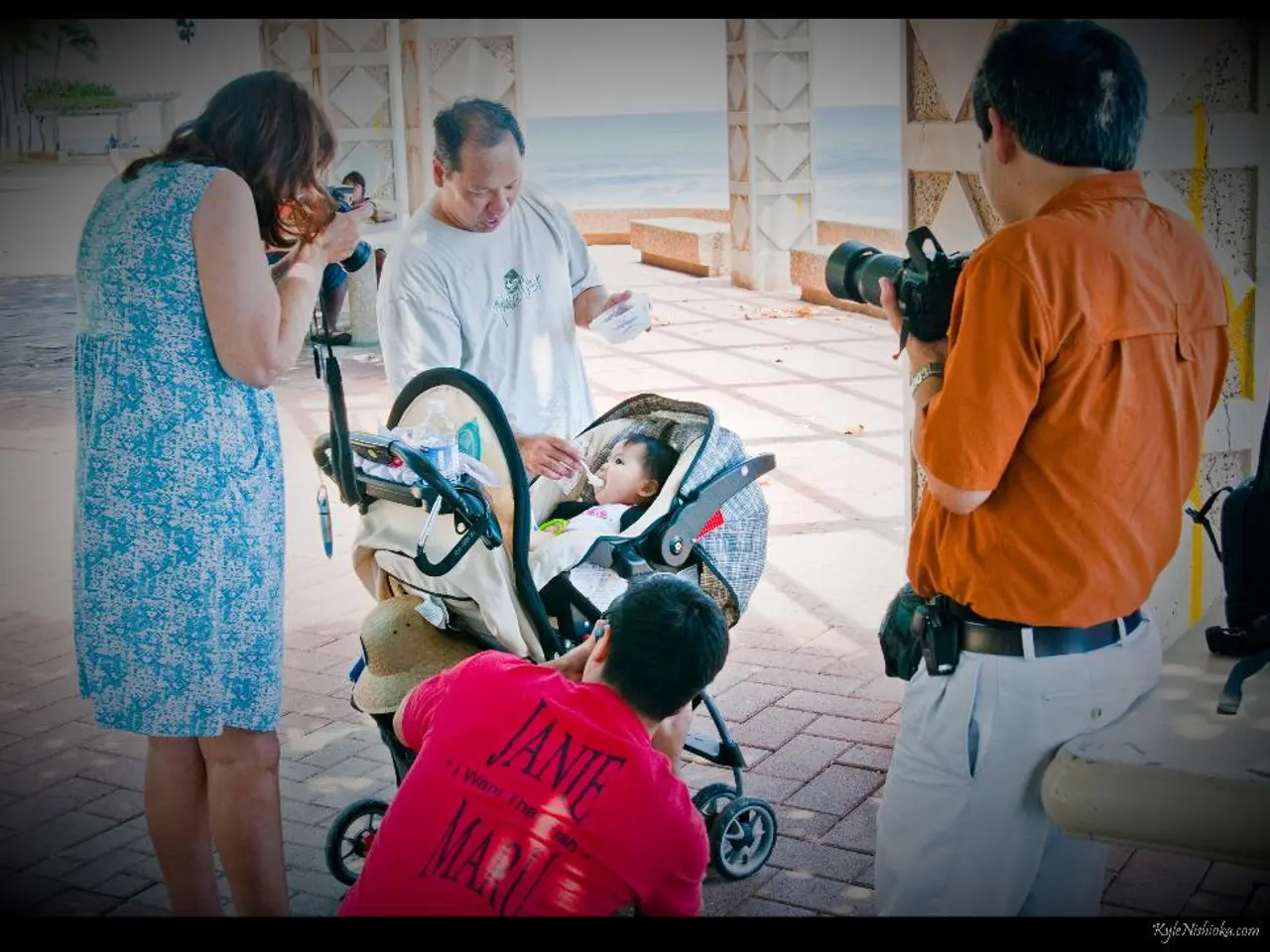Record-Breaking Birth: First Ever Nonuplet Survives Infancy
Halima Cissé, a 25-year-old woman from Mali, made history on May 4, 2021, when she gave birth to the world's first known surviving nonuplets (nine babies) at the Ain Borja Clinic in Casablanca, Morocco. This extraordinary event, confirmed by Guinness World Records, surpassed the previous record of eight surviving multiples, the Suleman octuplets born in the United States in 2009.
Born prematurely at 30 weeks via caesarean section, the nonuplets weighed between 500 grams and 1 kilogram (1.1 - 2.2 lbs). The delivery involved 32 medical professionals working together to ensure the safety of the newborns. The family includes four boys (Muhammad, Bah, El Hadj, Oumar) and five girls (Adama, Hawa, Fatouma, Oumou, Kadidia).
Remarkably, all nine children were reported to be in perfect health as of their first birthday and celebrated their fourth birthday in 2025. Halima and her husband Abdelkader Arby, the father of the nonuplets, already had one daughter before the nonuplets. Unlike some other multiple births, these babies were conceived naturally.
The womb's ability to carry that many fetuses to viability is rare. Delivering large numbers of babies requires advanced hospital care, often involving cesarean section and round-the-clock specialist monitoring. Good maternal nutrition, early diagnosis, and hospital preparedness are critical for delivering multiple babies.
The story of Halima Cissé and her nonuplets is a testament to medical science, survival, and hope. It highlights both the risks and the resilience of families and healthcare teams. While there is an unconfirmed report of a South African woman giving birth to 10 babies in 2021, this claim has not been verified by Guinness World Records.
This article was created in conjunction with AI technology and was fact-checked and edited by a website editor. The family received international attention and medical support during this remarkable journey. The survival of the nonuplets serves as a beacon of hope for families facing high-risk pregnancies and the medical professionals who care for them.
- The survival and health of the nonuplets is a testament to the advancements in medical science, particularly in the field of health-and-wellness, as well as the technology used to support complex pregnancies and births.
- The field of biology plays a crucial role in understanding the rare ability of a woman's womb to carry multiple fetuses to viability, especially in cases like Halima Cissé's nonuplets.
- The story of Halima Cissé's nonuplets underscores the importance of science in guiding health-related decisions, from prenatal care to delivery and postnatal care, ensuring the best possible outcomes for mothers and their babies.








